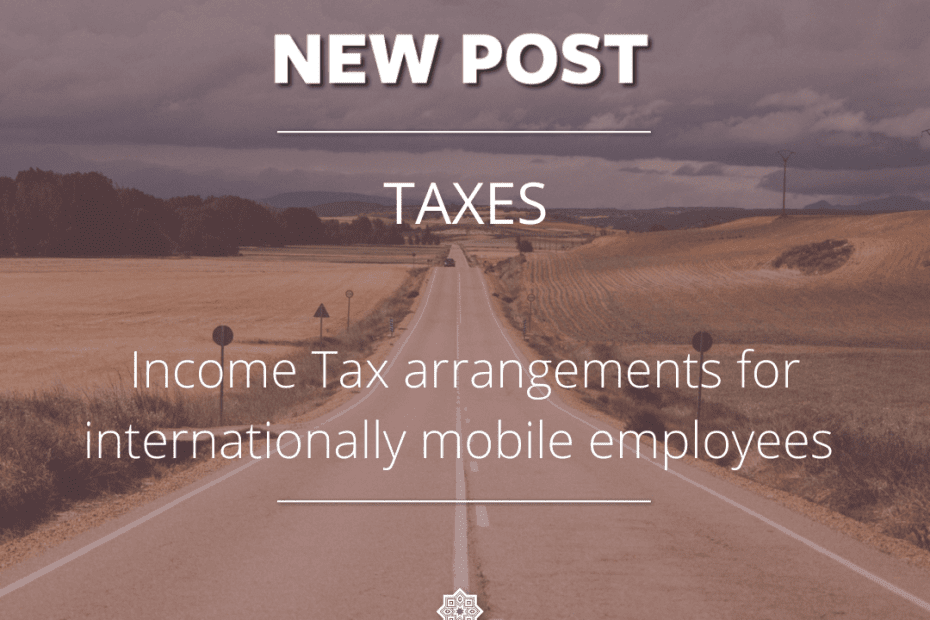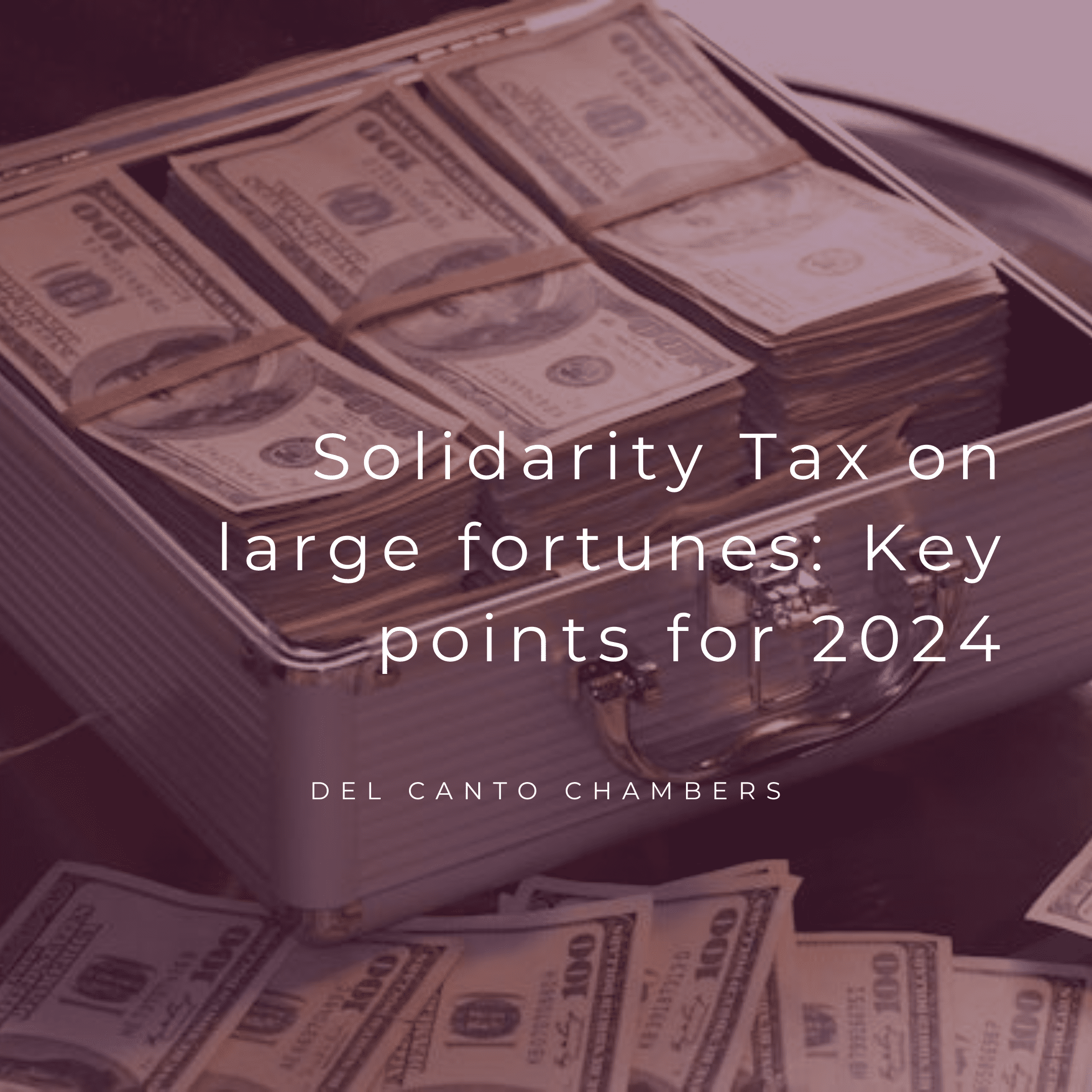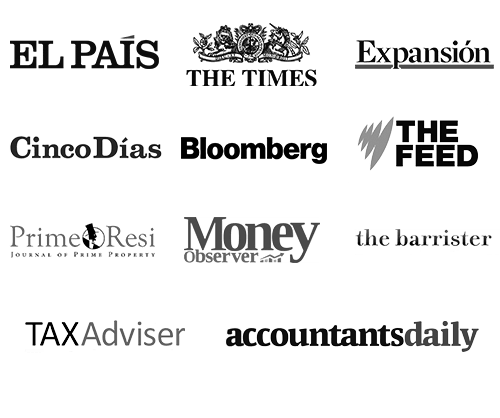Income Tax arrangements for internationally mobile employees. With a continuing increase in individuals working overseas temporarily, more employers are having to deal with the income tax situation for these mobile employees.
While many countries have a double taxation agreement (DTA) in place with the UK, meaning a tax refund can be claimed where tax has been paid twice, this can cause difficulties during the year as the employee pays tax in two jurisdictions. Similarly, an overseas worker based in the UK may end up paying PAYE and completing a self-assessment tax return, even if they later receive a refund.
Short Term Business Visitors (STBV)
Because of the burden placed on employers of administering tax and PAYE, only for HMRC to make refunds, later on, HMRC will agree to special arrangements in some circumstances where imposing PAYE in the normal way is not practical or where income tax is unlikely to be due because it will not exceed the worker’s personal allowance.
Where a worker is a short-term business visitor, PAYE code NT can be used or the employer can request that the worker be given short term business visitor (STBV) status so that tax and PAYE will not be payable. This is only available where the individual is resident in a country with which the UK has a DTA.
Economic employer and Appendix 4 of the PAYE manual
Appendix 4 of the PAYE manual deals with criteria for short-term business visitors who are normally resident in a country with which the UK has a DTA.
Where an individual is employed by a UK employer as well as by a non-resident entity and expects to stay in the UK for 183 days or less within a twelve-month period, the UK employer will not ultimately have to pay PAYE.
30-day visits
Where an employee is in the UK for no more than 30 days, there are no PAYE requirements for either employer or employee.
The 60-day rule
Where the individual is in the country for less than 60 days, the employer only needs to show that the employee was paid via a non-resident employer’s payroll.
31-59 days
When the period in the UK is 31-59 days, PAYE can be disregarded if there is no formal employment contract with the UK employer and the time does not form part of a more substantial stay.
60-90 days
Where an employee is in the UK for no more than 90 days in the tax year, the employer should provide HMRC with the following information by 31 May in the following tax year and may then disregard PAYE:
- Employee’s full name
- UK and overseas address of the employee
- Nature of their duties
- Employment start date
- Employment end date
- Which country will receive a tax return in respect of the employee’s worldwide income
The employer will also need to confirm that the UK company does not ultimately bear the cost of the employee’s remuneration or function as the employee’s employer during the UK assignment.
91-150 days
PAYE can be disregarded in respect of an employee in the UK for 91-149 days provided that the same information above is provided as well as a statement from the overseas tax authority confirming the employee’s residence in another state for tax purposes throughout the period spent in the UK. In the case of US citizens and Green Card holders, the employee will only need to provide evidence of continued residence in the US.
151-183 days
Individual applications to HMRC will need to be made for exemption from PAYE for visitors for periods of 151-183 days. As well as the above information, a statement should also be made by the employee explaining why they consider themselves to be treaty resident in an overseas country. Reference should be made to the applicable article in the relevant DTA.
Contact our international tax experts
Dealing with tax and PAYE in respect of overseas workers can be complicated and it is recommended that you take legal advice at the outset to ensure that your business complies with the rules.
At Del Canto Chambers we specialise in international tax and we can advise you of your liabilities or those of your employees.
Del Canto Chambers is a leading London Chambers specialising in tax, international tax and legal affairs, property law, intellectual property and legal advocacy.
To make a no-obligation enquiry, please either call us now on:
+44 2070 430648 or Make An Online Enquiry.
We will come back to you within 24 hours and we will be delighted to help you.





